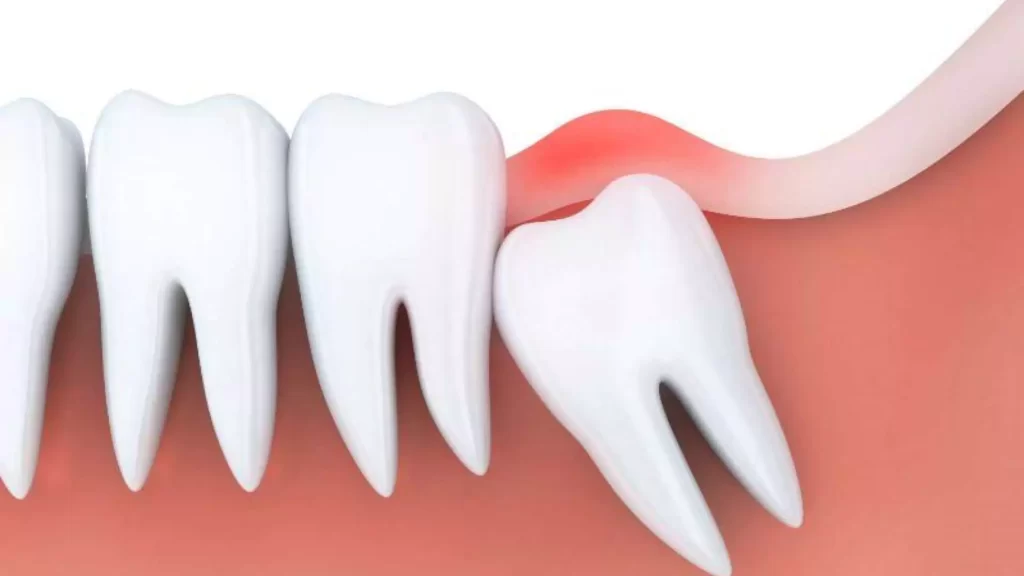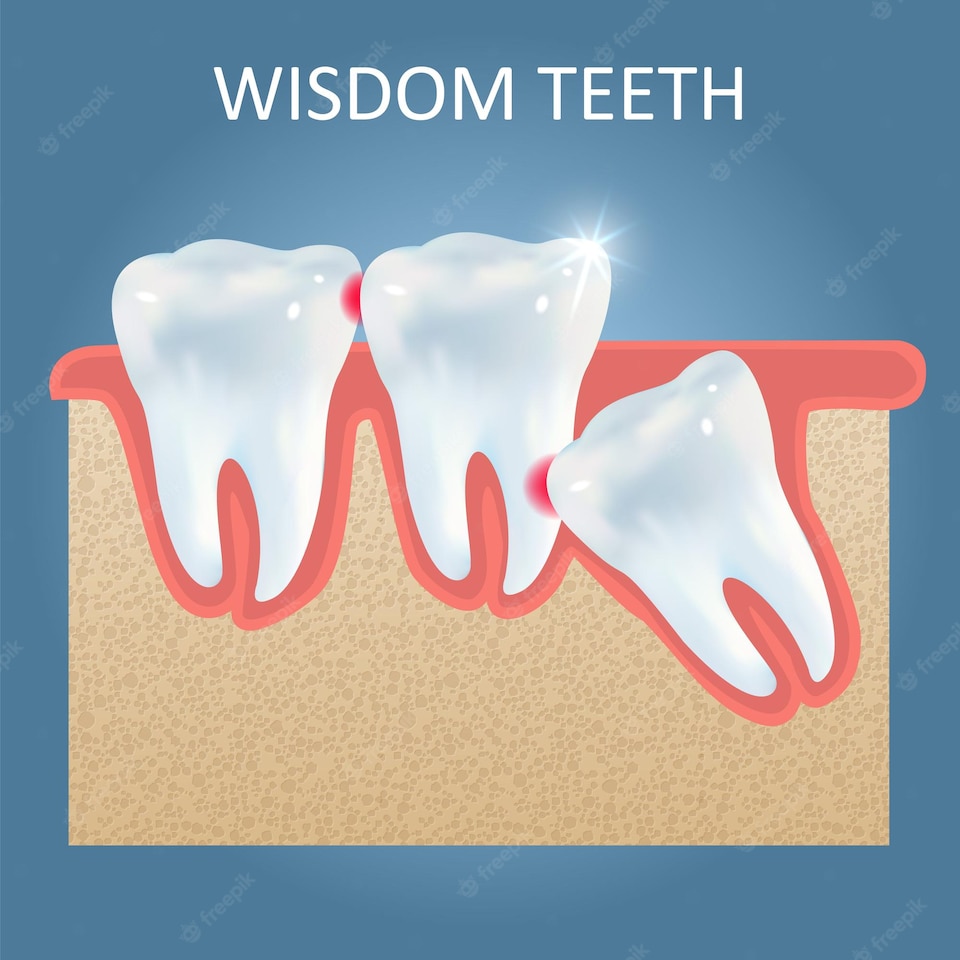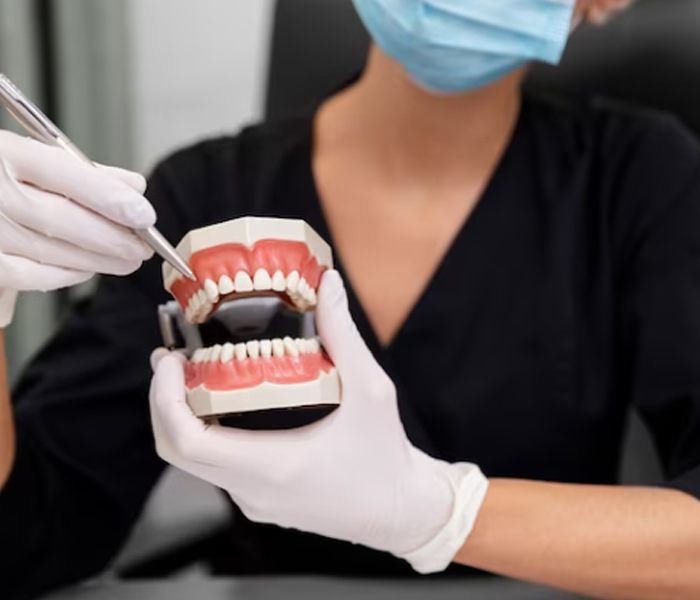Wisdom Tooth Extraction

Wisdom tooth extraction is a common dental procedure that involves the removal of one or more wisdom teeth, also known as third molars. These teeth are typically the last to come in, usually in the late teens or early twenties, and often do not have enough space to erupt properly. As a result, they can cause various dental problems, including pain, infection, and damage to adjacent teeth.


Benefits of Wisdom Tooth Extraction

- Prevention of Impaction - Wisdom teeth often don't have enough space to fully erupt properly, leading to impaction. Impacted wisdom teeth can cause pain, infection, and damage to adjacent teeth.
- Prevention of Crowding - Wisdom teeth can cause overcrowding in the mouth, shifting existing teeth out of alignment. Removing them can help maintain proper dental alignment.
- Prevention of Infections - Wisdom teeth are located at the back of the mouth, which can make them difficult to clean properly.
- Pain Relief - Many people experience pain and discomfort when their wisdom teeth start to erupt. Removing them can provide relief from this pain.
You might consider seeking complete dentistry when you

- Require Comprehensive Care
- Want Personalized Treatment
- Prefer Preventive Approach
- Desire Aesthetic Improvements
- Face Complex Dental Problems
- Value Long-Term Oral Health

Frequently Asked Questions
The timing of wisdom tooth removal varies from person to person. Your dentist or oral surgeon will evaluate your oral health and recommend extraction if necessary. Typically, removal is considered in the late teens or early twenties when these teeth begin to emerge.
The procedure is typically performed under local anesthesia, so you should not feel pain during the extraction. However, you may experience some discomfort and swelling after the procedure, which can be managed with pain medication and ice packs.
Like any surgical procedure, there are some risks, including infection, bleeding, and nerve damage. However, complications are relatively rare. Your dentist or oral surgeon will discuss these risks with you before the procedure.
Recovery time can vary but is typically a few days to a week. You may need to avoid certain foods, follow a soft diet, and take pain medications as prescribed during this period. Your dentist will provide you with post-operative care instructions.
If you are given local anesthesia, you should be able to drive home after the procedure. However, if you are given general anesthesia or if you feel too groggy, it's advisable to arrange for someone to drive you.
You should stick to soft foods like yogurt, pudding, mashed potatoes, soup, and applesauce for the first few days. Avoid hard, crunchy, or spicy foods that could irritate the surgical site.
Not everyone needs all their wisdom teeth removed. It depends on factors like the angle of eruption, available space in the mouth, and potential problems they may cause. Your dentist or oral surgeon will assess your specific situation and recommend removal if necessary.
